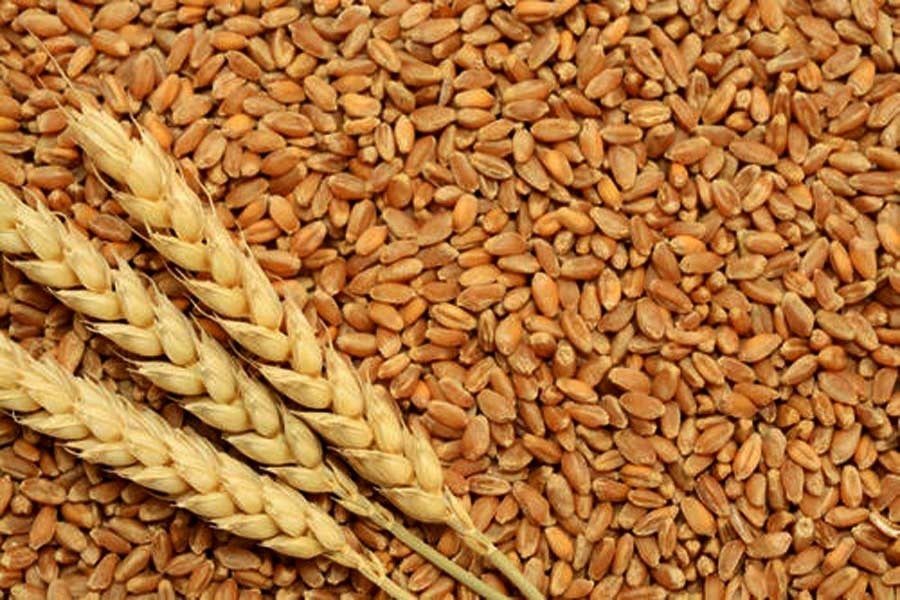On a year-to-year comparison, wheat imports to the country have been falling steadily. From a record high of 6.43 million tonnes in FY 20, imports have fallen to a record low of about 0.38 million tonnes in the last quarter (July - September) of the current financial year. Records hold it that today's wheat prices are on an average 50 to 60 per cent higher than it was a year ago and import prices now hover between US$390 - 430.
According to a recent report by USDA's Global Agriculture Information Network (GAIN), "local production of wheat meets approximately 13 per cent of the total demand. In Bangladesh, wheat cultivation starts in November and December and harvesting in March and April. Wheat area and production are gradually decreasing as farmers convert their land to cultivate alternative crops that provide higher economic returns, such as potato, vegetables, and Boro rice. Prices of wheat flour (also called atta) have reached an eight-year peak. In March 2022, the average retail price of wheat flour was BDT 36.2 ($0.42) per kilogram, which was approximately 17 per cent higher than the price in March last year. Prices are rising due to higher international market prices, fuel price hike and the Russian-Ukraine war. Prices of wheat flour are now all-time high, selling at around Tk55 (coarse) to Tk75 (finer) per kilogram.
Record low imports of wheat, declining domestic production and a surge in the international market price of wheat has made this commodity as dear as it is. Data from TCB (Trading Corporation of Bangladesh) tell us that unrefined flour and fine flour have recorded a price gain of 8.0-10 per cent. The country has to contend with issues that are beyond its control. The Russia-Ukraine war and the subsequent disruption of global supply chain in that area has been a major blow. On top of that, India stopped exporting wheat in May, which was a double blow to Bangladesh. Although efforts were made to build up government stocks by floating international tenders, depreciation of Taka against dollar did not help matters because the prices on offer in a turbulent global market were much too erratic. Importers are also having a tough time procuring dollars at the rate fixed by the central bank.
It is understood that a G2G (government to government) deal has been reached between Bangladesh and Russia, whereby the former is set to import 0.5 million tonnes of wheat at $430 per tonne. This is welcome news. But the question is how Bangladesh can stave off the impact of rising prices and supply problems on the poor and farmers. The government runs a number of public food distribution programmes, which include OMS (Open Market Sale), FFP (Food Friendly Programme), and VGF (Vulnerable Group Feeding). FFP alone provides food, primarily grains, to over 5.0 million poor families at an annual cost of $380 million. During the Covid period, public food distribution rose to 2.8 million metric tons from the pre-pandemic level of 2.6 million metric tonnes. "In the current fiscal year the country has already distributed 1.5 million ton(nes) against a target of 3.3 million MT of food grains."
It can only be hoped that the authorities will monitor price trends in both domestic and international markets and take timely measures to maintain sufficient food supply. Also, the government should try for more G2G deals with governments, wherever is possible, so that it can build up its buffer stocks to weather shocks in the future.


